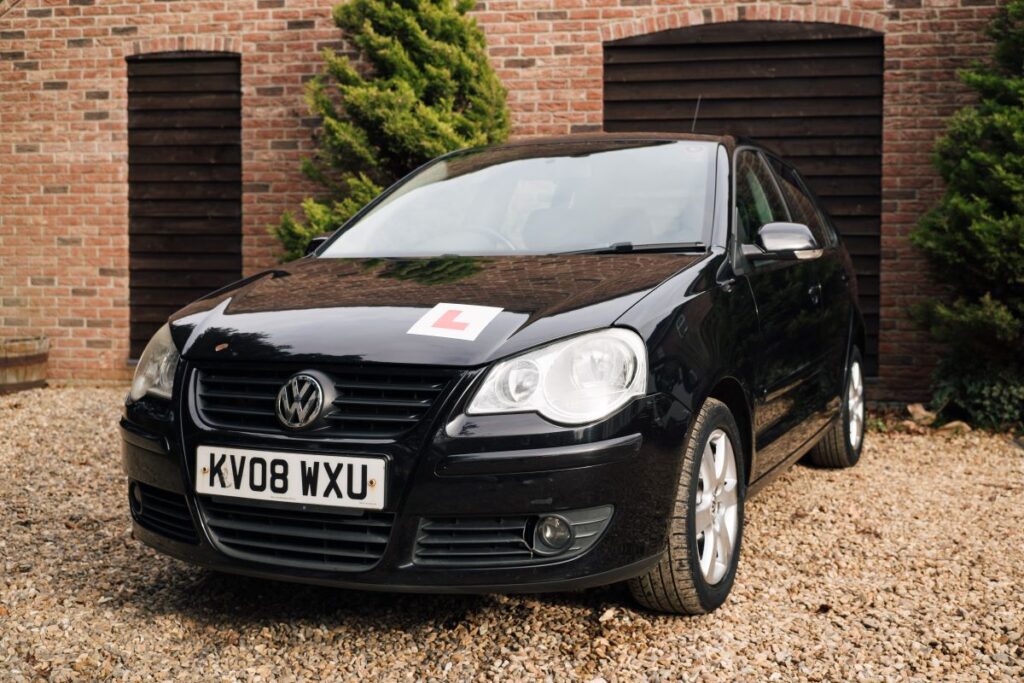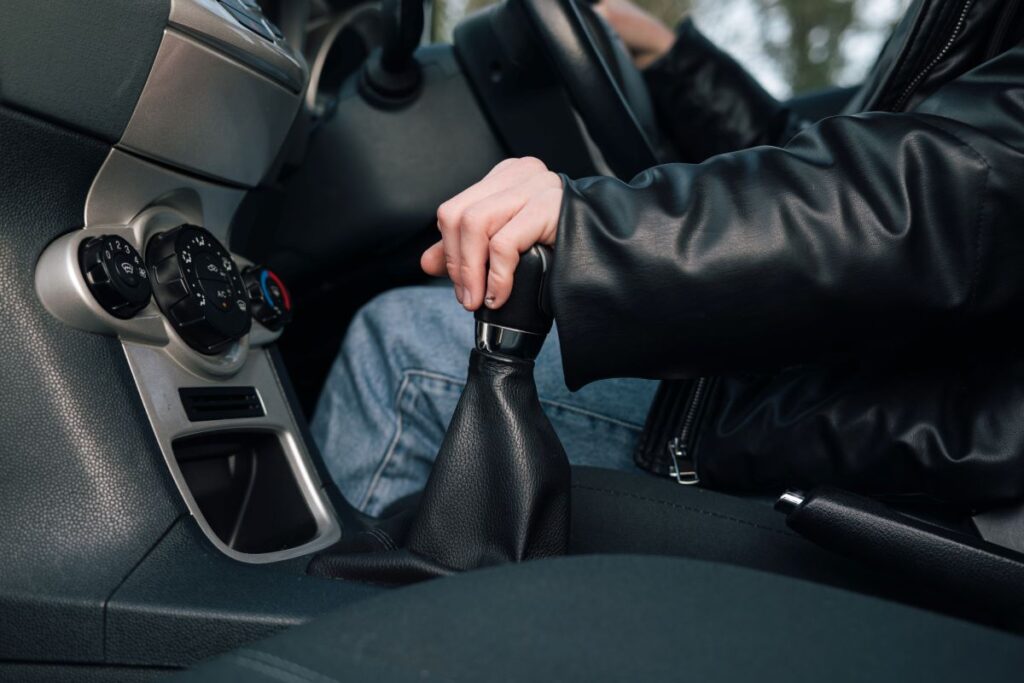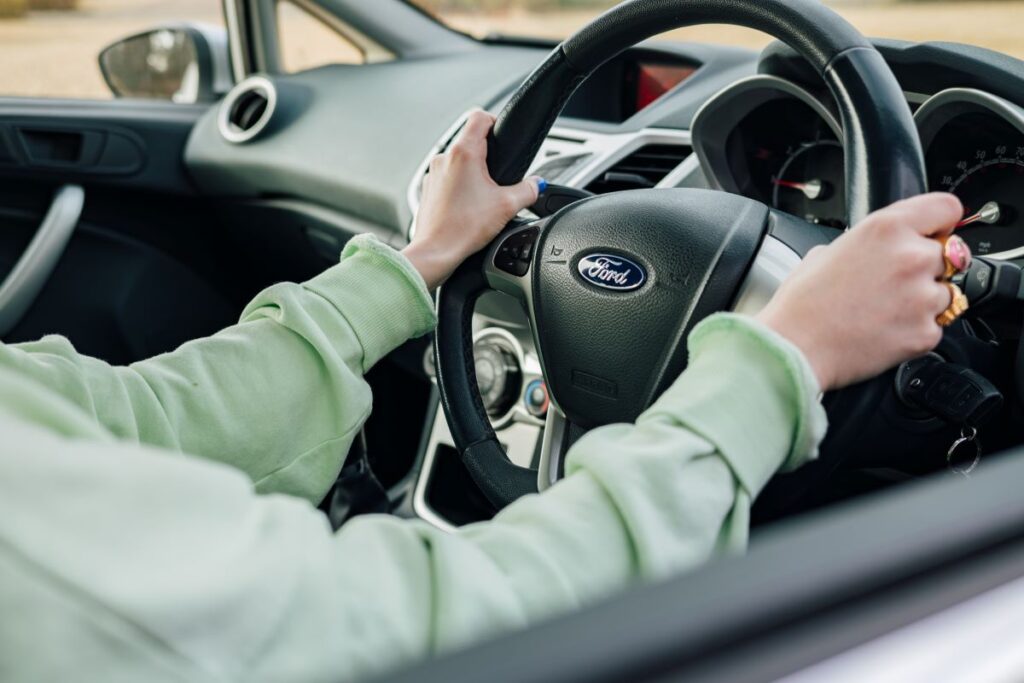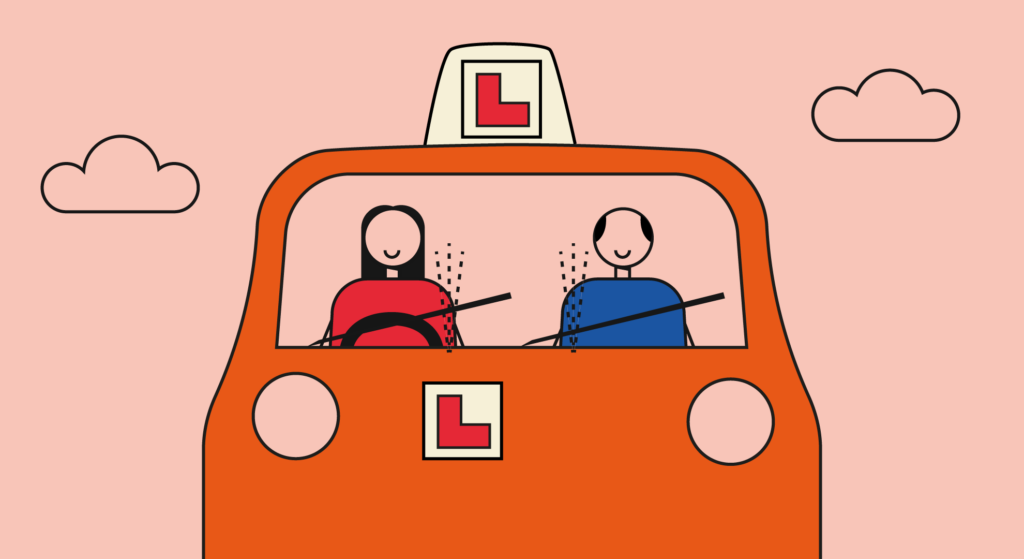Driving with a manual transmission has been the standard for as long as most drivers can remember, but are shifts in technology and the opinion of younger drivers leading to manual driving tests – and therefore manual cars – becoming a forgotten skill reserved for the owners of classics?
If the current trends are to be believed the answer is yes, and Adrian Flux estimates that the tipping point where automatic cars become the preferred choice for new drivers could be as soon as 2040, making Gen Z the last generation that widely learns to drive in manual cars.
We investigate why this shift is happening and how it will affect the future of manual transmission vehicles.
Increased demand for automatic tests

Between 2012-13 and 2022-23, the number of automatic tests conducted in the UK increased from 87,844 to 324,064 – an incredible rise of 268%. With an average of 1.7 million practical tests taken over the last decade, if this rate of demand were to continue, the number of automatic tests could reach 920,154 by 2033.
When additional factors such as the climbing number of automatic vehicles available on the market and the increasing population are considered, the number of driving tests in automatic cars has a strong potential to increase at an even faster pace.
A 2021 survey from IAM RoadSmart revealed that 61% of young drivers surveyed planned to apply for an automatic-only driving licence. But why is there such a surge in popularity? The perception of automatic driving tests being easier to pass is likely to be a major factor, but the ban on new petrol and diesel cars being sold in the UK from 2035 is also making automatic cars a more common sight on British roads.
Reduced demand for manual cars

Increased visibility of automatic cars on the roads suggests a dramatic drop in demand for manual cars is on the way – but data shows that the popularity of manual cars is already in decline.
Research from the Society of Motor Manufacturers and Traders (SMMT), and published by carwow, shows that just 24% of new cars sold in 2011 were ordered with an automatic gearbox, which rose to 62% by 2021.
If automatics already account for two-thirds of the new car market today, their projected increase in popularity over the next two decades will significantly contribute to the 2040 tipping point of manual lessons and the extinction of manual drivers.
What does this mean for the future of the second-hand market? When looking to buy their first car, new drivers with an automatic license will find their options restricted as they will not have access to the wide range of second-hand manual cars available. Instead, as demand shifts towards automatics, the pool of vehicles they can choose from will be both limited and more competitive, potentially seeing prices increase as supply outstrips demand. Meanwhile, second-hand manuals are likely to decrease in value as demand for them dwindles among new drivers.
Fewer opportunities to drive manual vehicles

With reduced demand, it is no surprise that manufacturing of manual cars is also in decline.
Analysis by carwow in 2022 revealed that, of the 298 new models available to order in the UK, 200, or 67%, were only available with automatic transmissions – leaving just 98 models (32%) for manual drivers to choose from.
As automatics become more mainstream, instructors are predicted to follow demand and make the shift towards automatic-only driving lessons. This will make it increasingly challenging for the next generation to secure manual lessons and intensify the spiral toward automatic transmission becoming the only option for new drivers.
If more instructors use automatic vehicles, manual lessons will gradually become harder to find. Learners with parents that drive manual transmission will also find that they are not able to practise outside of lessons, potentially increasing the cost and time it will take to pass their test.
With fewer manual drivers on the road and manual driving instructors becoming scarcer, Adrian Flux predicts that 2039 will be the last year that manual lessons will be available to the average driver, relegating this motoring tradition to a specialism for enthusiasts.
What about classic cars?

In the short term, a reduction in the number of manual cars on the roads could help to increase their value and the rarity of existing classics. But as time goes on, it could pose a threat to classic car communities. As manual driving becomes more niche, the number of people able to keep classics on the road will diminish, and with little opportunity to learn how to drive a manual transmission, classic cars could become little more than museum pieces.
Trends change but classic cars continue to be loved for many reasons including style, design and simplicity. In the same way as the Kindle did not kill off books and vinyl records continue to grow in popularity, nostalgia could potentially kick-start a new era of fascination with manual cars.
In the coming years, it seems inevitable that the motoring landscape will change and manual driving will become more niche than it has ever been. But this does not mean that we won’t one day see a resurgence in the demand for manual driving options. Familiarity can sometimes breed contempt and drivers of the future may begin to look back fondly on the precision and additional control manual transmissions give to their driver.
The future of manual driving tests

The best way to prolong the availability of manual tests over the next 20 years is for new generations of drivers to resist the temptation of only learning to drive an automatic. A manual licence gives access to both types of transmission and will help to slow the reduction in manual driving tests. The ability to choose either manual or automatic will also benefit newly passed drivers looking for an affordable first car.
Adrian Flux’s General Manager, Gerry Bucke, said “‘We urge the government and DVSA to ensure that there is a future for the timeless classic cars through creating options for manual learning, even in an automatic landscape. These vehicles are not only a means of transport but a source of passion and community for many,’’ Gerry adds. ‘‘We want to ensure future learners have the opportunity to pursue their love for classic vehicles.”
Learner driver insurance from Adrian Flux
Regardless of the transmission you choose to learn with, we offer learner driver insurance policies tailored to suit your needs. Call 0800 369 8590 for a swift no-hassle quote. Alternatively, book a callback at a time that suits you.

